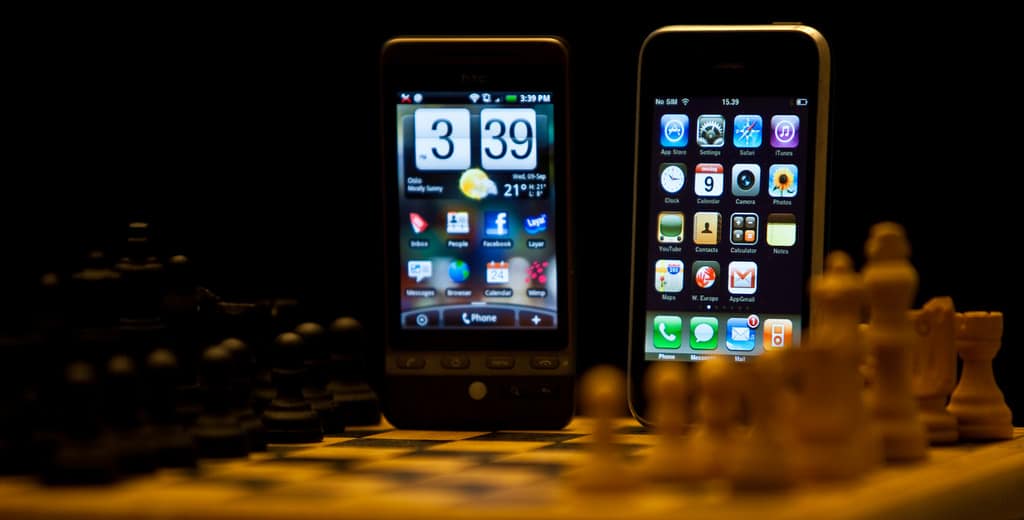
If we plan to buy a new smartphone in today’s age, we are presented with a choice to go for an iPhone or an Android one. The interesting part is that we tend to stick to the OS that we are familiar with. Rarely does the instance occur when some of us switch to another mobile operating system. Look around and you’ll see loyal mobile phones users of both iOS and Android.
Table of Contents
Let’s take a look at some interesting facts, shall we?
It’s also interesting to know that both the iOS and Android are excellent mobile operating systems. And that’s why we always find loyalists presenting arguments in favor of their chosen mobile OS.
In this blog, we’ll compare iOS and Android on various parameters and see who takes the throne and who bites the dust. Let’s begin…

Since its first-gen model launched in 2007, iPhone has been tagged as a premium smartphone. Introduction of iPhone X upped the game to whole new level, starting at $1,000. iPhone lovers with budget constraints can go for iPhone XR (starting at $750) or choose one from the older versions. However, if buyers are eyeing for a used iPhone, in such a case, the used and refurbished iPhone market is a different story altogether and beyond the scope of this article.
Android, on the other hand, is an open source OS and that’s why it has such a huge market and users. The price bracket for Android ranges from Flagship phones to many budget phones. Android offers a more diverse price range to end users, offering a massive number of affordable models in the market.
iPhone: 0; Android: 1
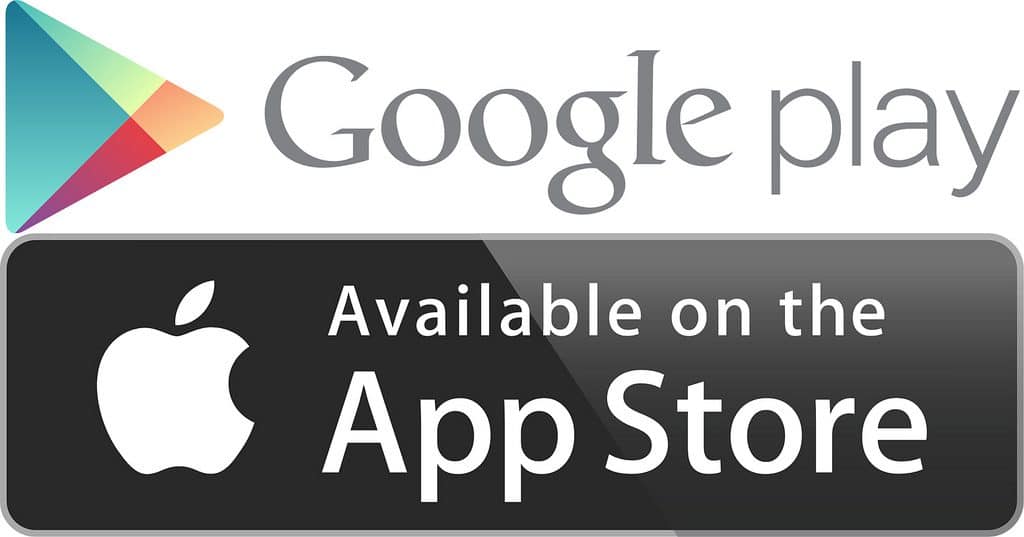
Let’s talk numbers before we dive in for details:
Although iOS falls behind in numbers, it’s the quality of the apps that makes the difference here. Every high-end gaming app is almost always launched for iOS first (we will talk about it in the next point). Although Android has a higher number of free apps, iOS takes the cake with better-optimized apps.
That said, Android takes the lead when it comes to sideloading apps on a smartphone. Although sideloading does make a mobile vulnerable to malware, we can’t rule out the fact that there are smartphones users who like to try new apps, no matter where they come from.
Therefore, iOS scores high on security while Android scores on availability, and this adds a point to each.
iPhone: 1; Android: 2
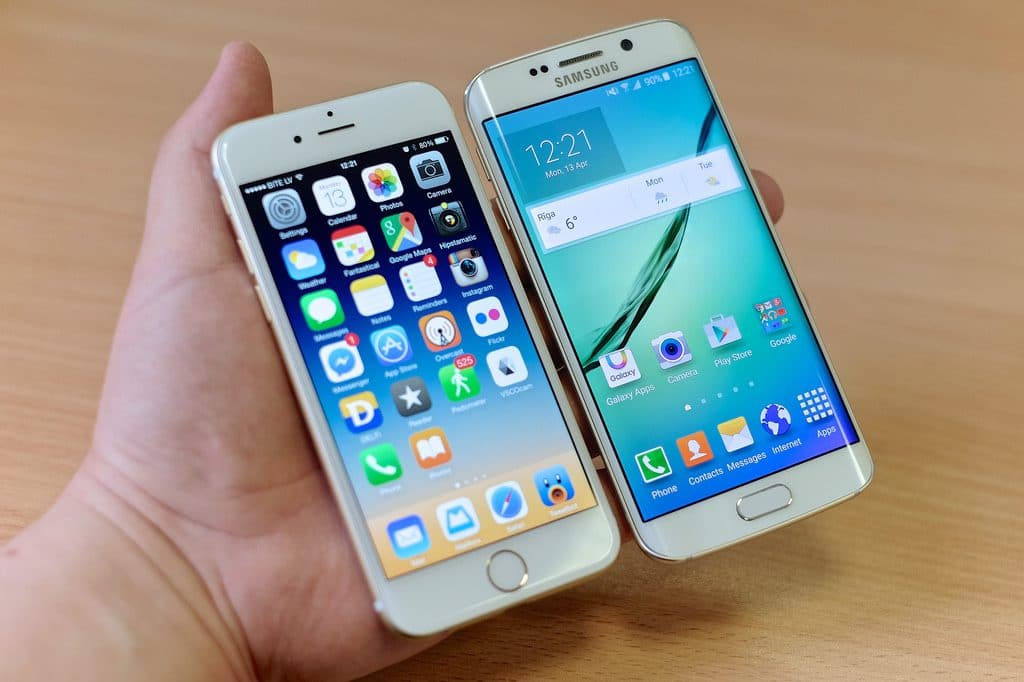
It’s quite interesting to see that iPhones max out at 4GB in terms of RAM. On the other hand, Android phones are going as high as 8GB RAM, with OnePlus 6T McLaren edition offering a massive 10 gigs of RAM. But…
iPhones are known for their performance even in their 1GB RAM models, while many of their Android powered counterparts start lagging even with 4GB or 6GB RAM on board. Here’s why:
iOS ecosystem uses a different kind of memory management, where the OS doesn’t need a virtual machine to load and execute apps the way Android needs to.
Moreover, iOS is a proprietary OS, meaning any and all iOS app developers will need to keep their mobile apps optimized for the devices. Meanwhile, Android, being an open source OS, is used by many companies, making it hard for Android app developers to keep tabs on all the existing Android phones’ specifications.
In simple words, iOS has better memory management than Android and thus, iPhones retain their lightning-fast interface way longer than Android phones. As a matter of fact, every mobile app development company will tell you the same thing: creating a mobile app for iPhone means focussing on the OS, but creating an Android app means keeping device specs and hardware in mind too, which is never easy.
iPhone: 2; Android: 2
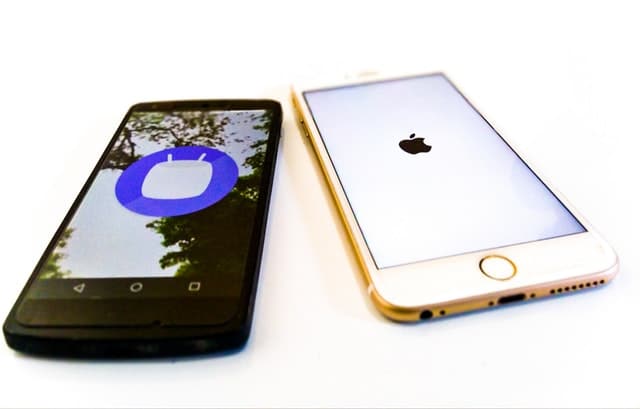
Apple has come a long way from iPhone OS 1, 2 & 3, with iOS becoming an official moniker with iOS 4. We now have iOS 12, while Android 9, named Pie, is its 16th upgrade. How come 9th version is the 16th upgrade? Simple, 1 & 1.1 were not given any official name, and the rest of the list is:
As you can see, Android used to change OS name even with a slight upgrade, something Apple chose not to indulge in.
Coming back to the present times, iOS 12 by far the most efficient mobile operating system. Moreover, the introduction of A12 Bionic processor also makes the latest iPhones way faster and efficient than their Android counterparts.
iPhone: 3; Android: 2
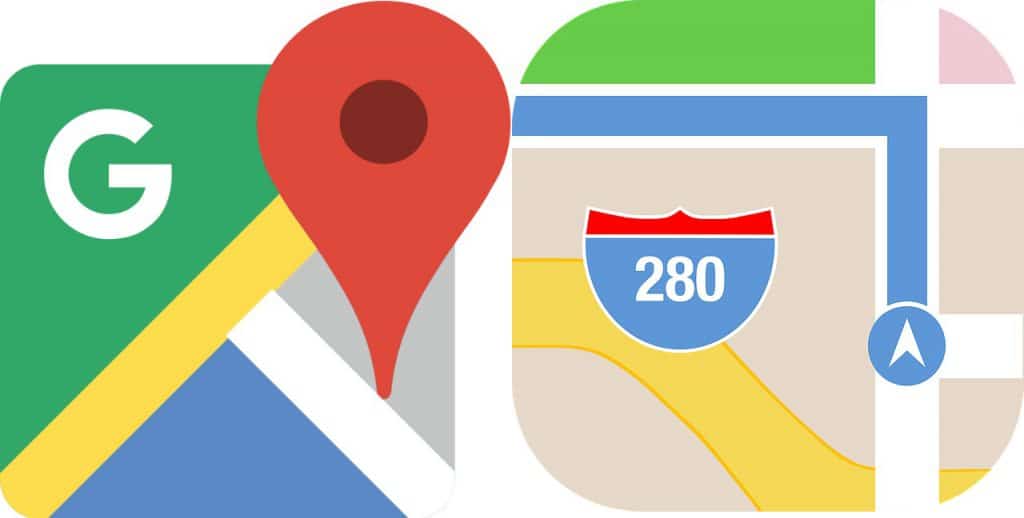
Apple, despite all its glory and amazing features, lags behind Google’s Android when it comes to maps and navigation. Apple Maps are good, but they are nowhere close to Google Maps. You can use Google Maps on an iPhone too, but the default navigation system is Apple Maps, and it will stay this way. Moreover, Siri and Google Maps don’t get along at all. On the other hand, Google Maps come native in Android.
iPhone: 3; Android: 3
Whenever we place the two rockstar mobile phone operating systems in an arena, there’s always one better than the other at something. iPhone and Android are amazing phones to work with, both of them. The battle of which one of these two mobile operating systems is better continues. Once again, we find ourselves on the same spot from where we the road splits into two paths, and yes, in the long run, there’s always time to change the road you’re on.
But we are far from being done with the comparison, not remotely close to it, for the comparison continues…
